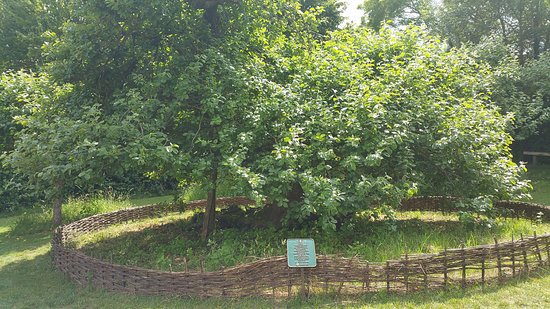
新冠病毒继续在全球蔓延,我们正在经历一种新常态--封城,居家隔离,保持社交距离,戴口罩。355年前,我们熟知的--伟大的数学家,物理学家,天文学家艾萨克.牛顿也经历过我们今天一样的窘境。
1665夏季至1667年春季,伦敦流行鼠疫,疫情十分严重,大学被迫关闭。牛顿不得不返回家乡,一边过着隔离的生活,一边继续做他的研究。
这段隔离的时光成为牛顿科学研究生涯中的黄金岁月。牛顿的三大科学成就:微积分,万有引力,光学分析思想,都是在这短暂的两年多时间里孕育出来的。此时的牛顿还不到25岁。
我们读中学时听到的“苹果落到牛顿头上与万有引力之发现“的故事,就发生在这个时期。还有,我们中学数学课上学到的二项式定律,物理课上学过的”万有引力定律“和”三菱镜与光的折射原理“,大学里学到的”微积分“知识,都得益于牛顿这个时期的贡献。
我们一般人遇到困境的时候,总是希望能够逢凶化吉。当我读了疫情下牛顿的故事之后,我仿佛有所开悟......

Between the summer of 1665 and the spring of 1667, Isaac Newton made two long visits to Woolsthorpe in order to escape the plague affecting Cambridge. The bubonic ‘Great Plague’ of 1665–6 was the worst outbreak of plague in England since the black death of 1348.
It spread rapidly throughout the country. London lost roughly 15% of its population and the villagers of Eyam, Derbyshire, became infamous for their heroic quarantine to halt the spread of the disease.
Many town-dwellers, like Newton, retreated to the relative safety of the countryside. What is different is how he set his mind to work in this period. Whilst most of us are unlikely to come up with theories that change science and the world as we know it, it is inspiring what can be achieved, even in periods of isolation and change.
In later life, Newton stressed that these enforced absences were the most intellectually fruitful of his whole life:
" For in those days I was in the prime of my age for invention & minded Mathematics & Philosophy more than at any time since. "
(Sources from Google: Issac Newton's Year of Wonders)
版权归Vansky所有,转载请标注链接。